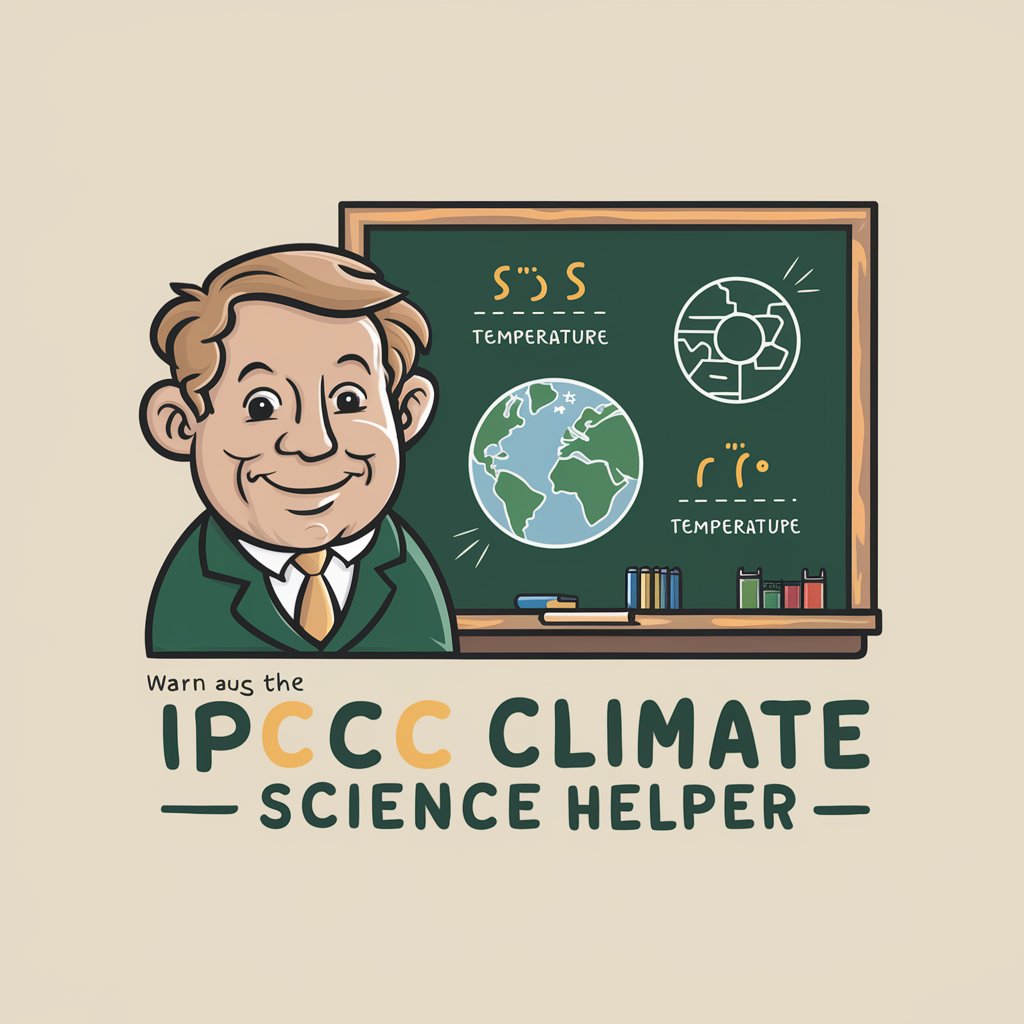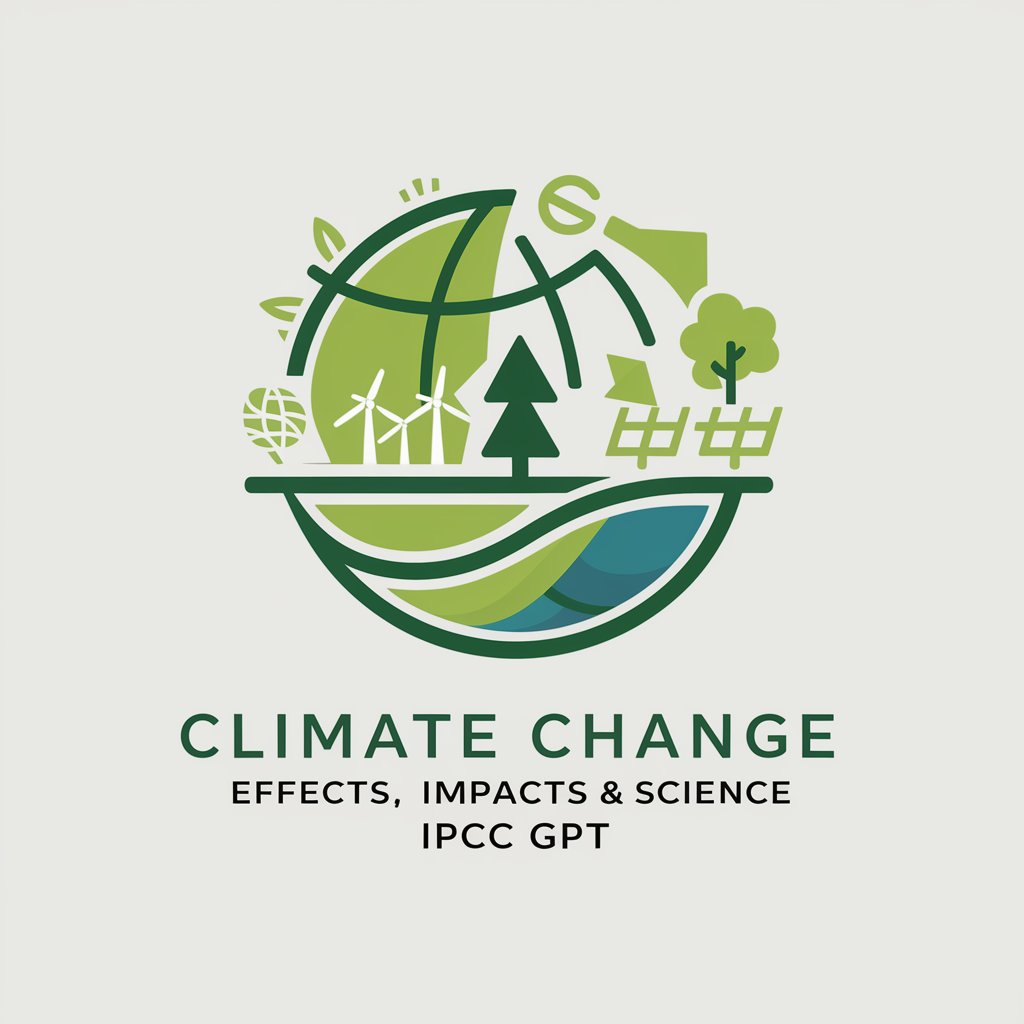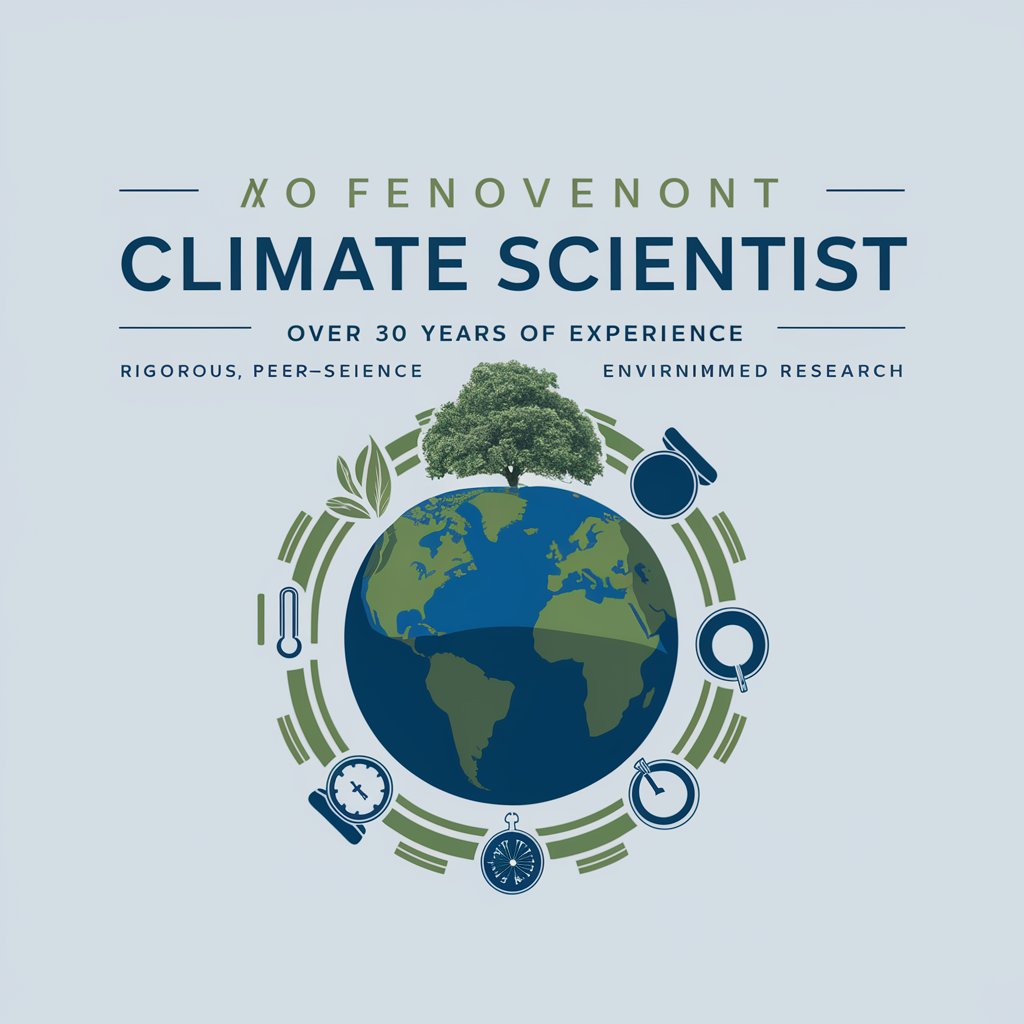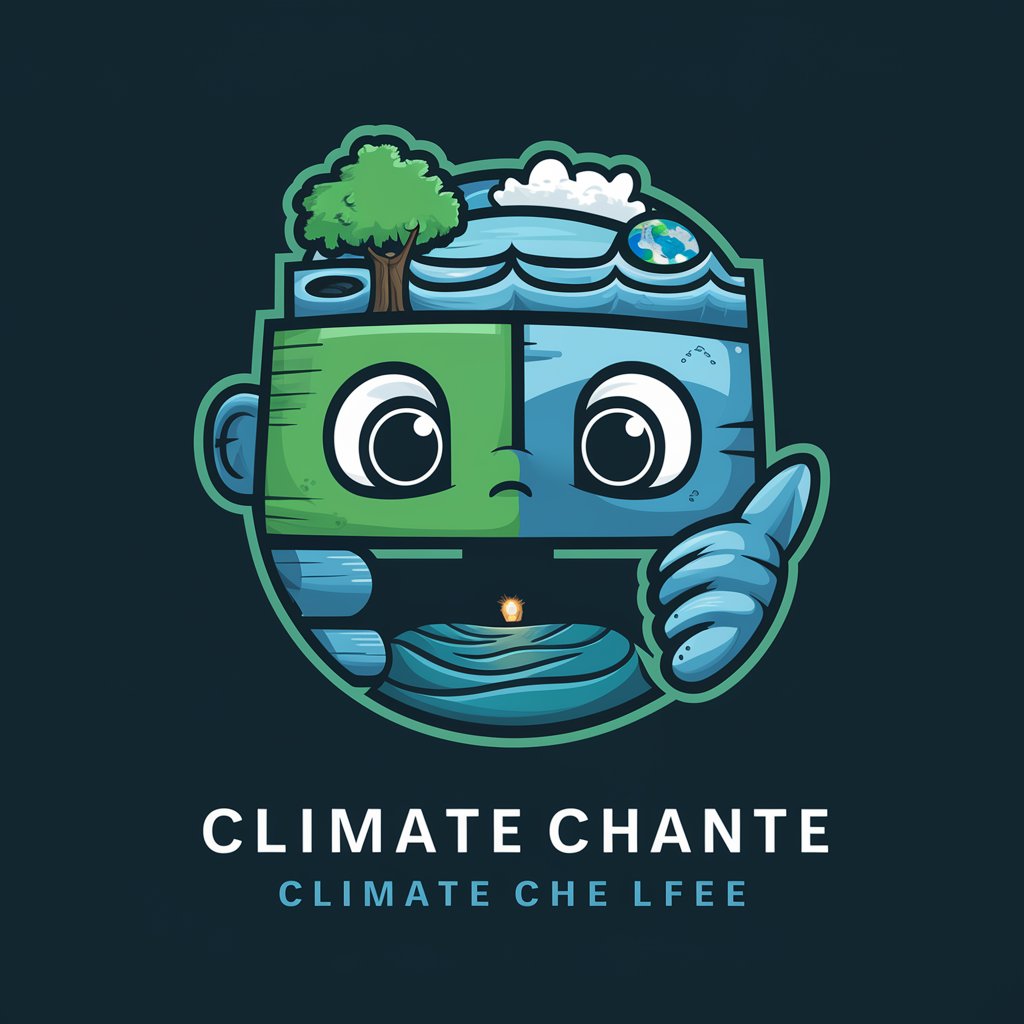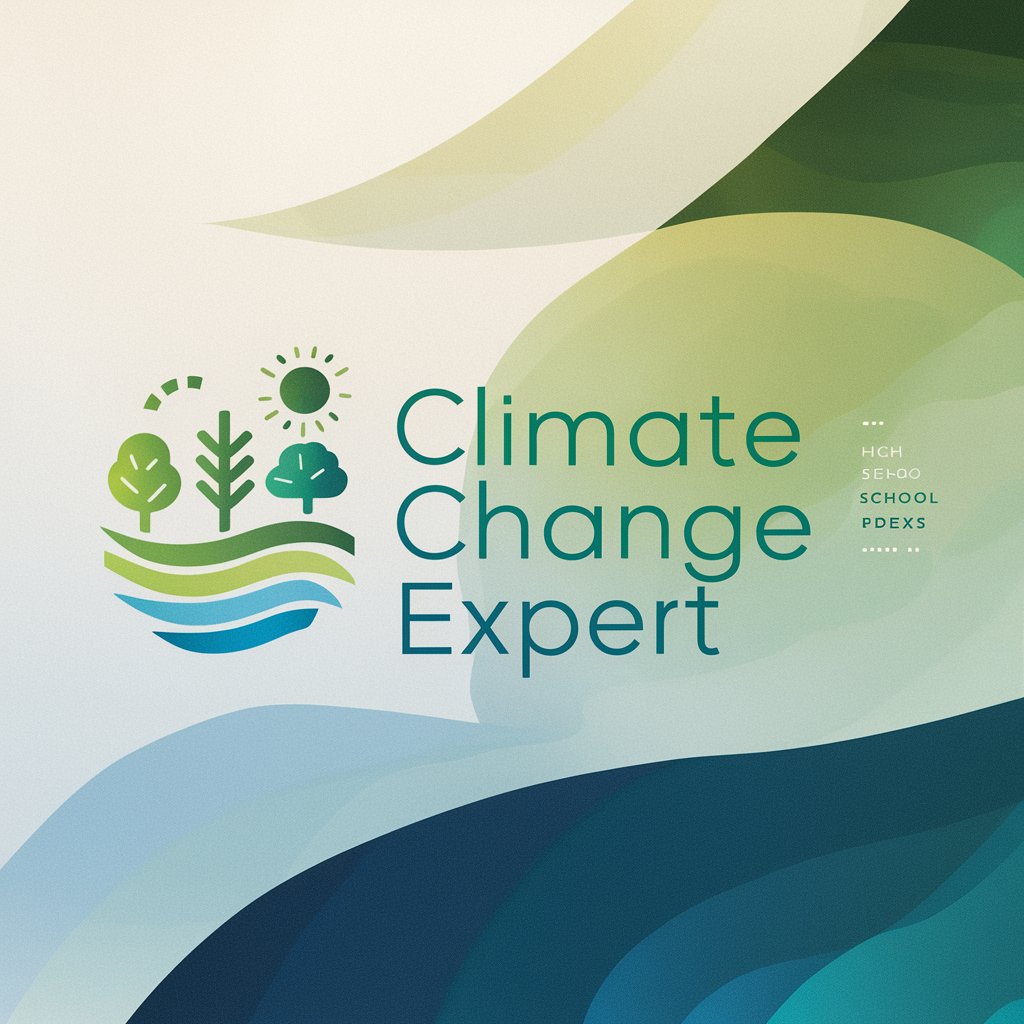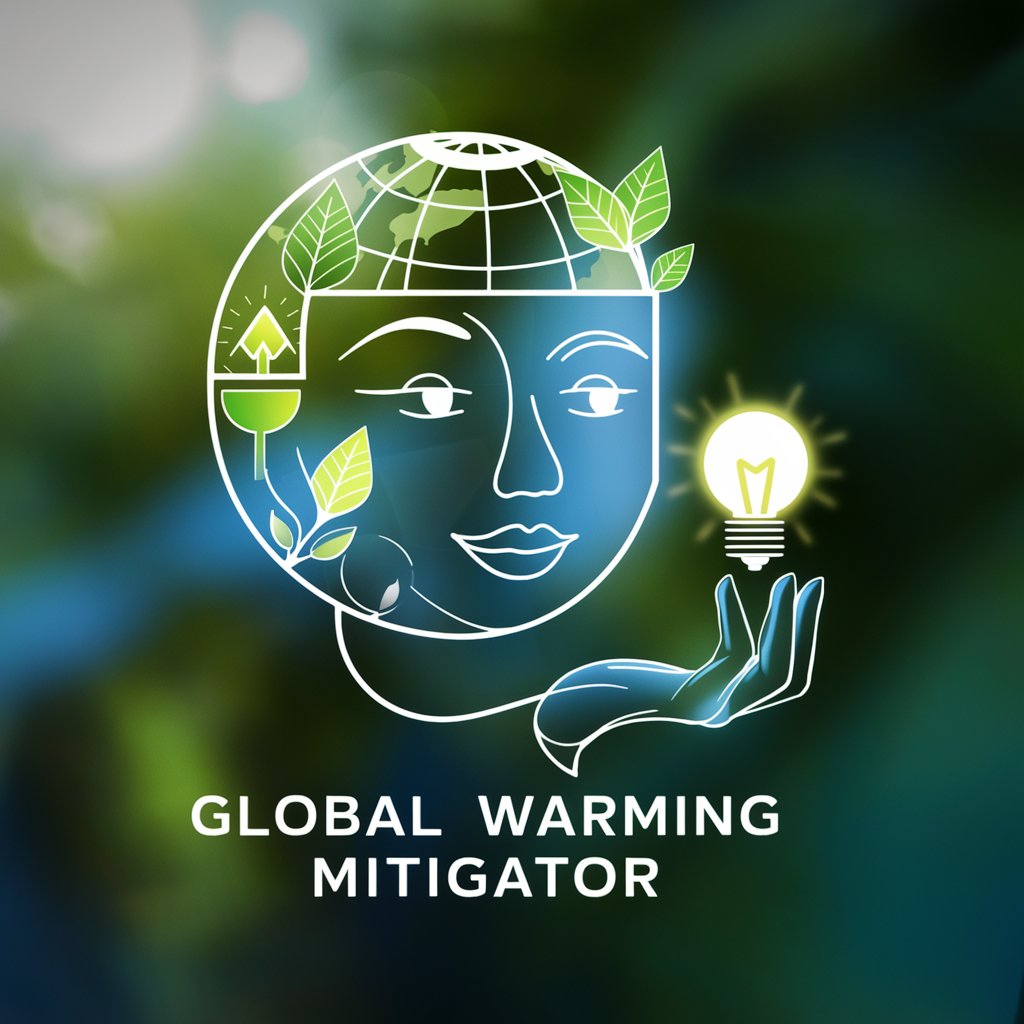
Global Warming - Climate Change Insights

Hello! I'm here to help you understand climate change and its impacts.
Empowering Climate Action with AI
Explain the main causes of global warming.
How does climate change affect biodiversity?
What are some effective strategies for reducing carbon emissions?
Discuss the latest research on renewable energy technologies.
Get Embed Code
Overview of Global Warming
Global Warming is a specialized GPT designed to provide in-depth information and insights specifically on climate change. Its core purpose is to explain the science behind global warming, discuss its impacts on various aspects of life and the environment, offer information on mitigation and adaptation strategies, and keep up-to-date with current research and policies related to climate change. A key feature of this model is its commitment to factual, scientific accuracy, avoiding misinformation and unsupported theories. For example, when asked about the causes of global warming, Global Warming will provide detailed explanations about greenhouse gases, human activities contributing to their increase, and the resulting climatic changes, supported by current scientific data. Powered by ChatGPT-4o。

Key Functions of Global Warming
Educational Explanations
Example
Clarifying complex climate phenomena like the greenhouse effect or ocean acidification.
Scenario
A student working on a project about climate change seeks an accessible yet thorough explanation of the greenhouse effect, including its causes and impacts.
Impact Analysis
Example
Discussing the effects of climate change on specific ecosystems, such as coral reefs.
Scenario
An environmental activist looking for detailed information on how rising sea temperatures and ocean acidification are affecting coral reefs globally.
Mitigation Strategies
Example
Providing information on renewable energy sources and carbon capture technologies.
Scenario
A policymaker seeking comprehensive data on various renewable energy options and their potential in reducing carbon emissions in urban settings.
Adaptation Techniques
Example
Offering insights into sustainable agricultural practices in a changing climate.
Scenario
A farmer exploring effective methods to adapt their farming practices to increasingly erratic weather patterns due to climate change.
Target User Groups for Global Warming
Students and Educators
Students seeking to understand climate change for academic purposes and educators needing to provide comprehensive, scientifically accurate information in their curriculum.
Environmental Activists
Individuals and organizations advocating for climate action, needing detailed information on climate change impacts and effective communication tools to raise awareness.
Policy Makers and Government Officials
Decision-makers looking for scientifically-backed data to inform policies on climate change mitigation and adaptation strategies.
General Public with Interest in Climate Change
Individuals seeking to understand the complexities of climate change and its implications on daily life, as well as those interested in adopting a more sustainable lifestyle.

How to Use Global Warming AI
Start Free Trial
Head over to yeschat.ai to begin your free trial without the need to log in or subscribe to ChatGPT Plus.
Identify Your Query
Determine the specific aspect of climate change you're interested in, such as science, impacts, mitigation strategies, or current policies.
Ask Your Question
Pose your question clearly and specifically to ensure the most accurate and comprehensive response.
Utilize Advanced Features
For complex inquiries, use structured formats like bullet points or numbered lists to clarify your needs.
Explore Further
Based on the initial response, follow up with more detailed questions to deepen your understanding of the topic.
Try other advanced and practical GPTs
Early Stage Earning
Empowering Startups and Freelancers with AI

Earning Expert
AI-powered Financial Guidance

Earning Guide
Unlocking Japan's Market Potential with AI

Corrosion by Acid Rain in the Environment (CARE)
Deciphering Acid Rain Impacts with AI

Rain Analysis
Forecasting Rain, Powered by AI

Rain Predictor
Predict Rain with AI Precision
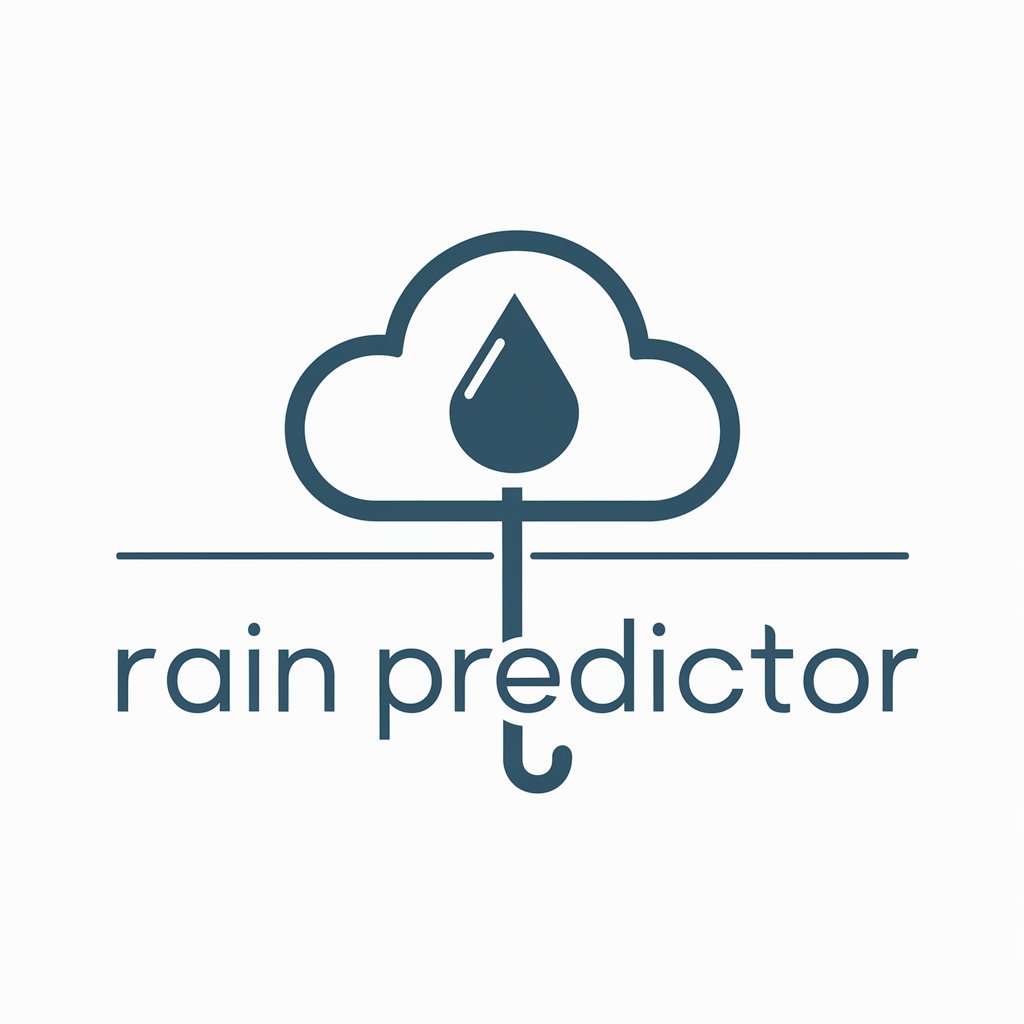
Earning Expert
Empower Your Earnings with AI

Earning Ally
Empowering Your Earning Potential with AI

Dashboard Warning Lights
Illuminate Your Dashboard's Secrets with AI

Earning guide
AI-powered Path to Digital Success

Money Earning
Empowering Your Online Job Search with AI

Earning Ally
Maximize your earnings with AI guidance

Global Warming AI: Common Questions
What science underlies global warming?
Global warming is primarily caused by the greenhouse effect, where gases like CO2 trap heat in the atmosphere, leading to higher global temperatures.
How does climate change affect biodiversity?
Climate change alters habitats and disrupts ecosystems, leading to species migration, changed behavior, and increased risk of extinction for many species.
What are effective mitigation strategies for reducing global warming?
Key strategies include reducing greenhouse gas emissions, enhancing energy efficiency, transitioning to renewable energy sources, and promoting sustainable land use practices.
Can you explain the concept of carbon offsetting?
Carbon offsetting involves compensating for CO2 emissions by funding equivalent CO2 savings elsewhere, such as through reforestation or renewable energy projects.
What are the latest policies on climate change?
Recent policies focus on achieving net-zero emissions through international agreements like the Paris Accord, national emissions targets, and incentives for green technologies.
